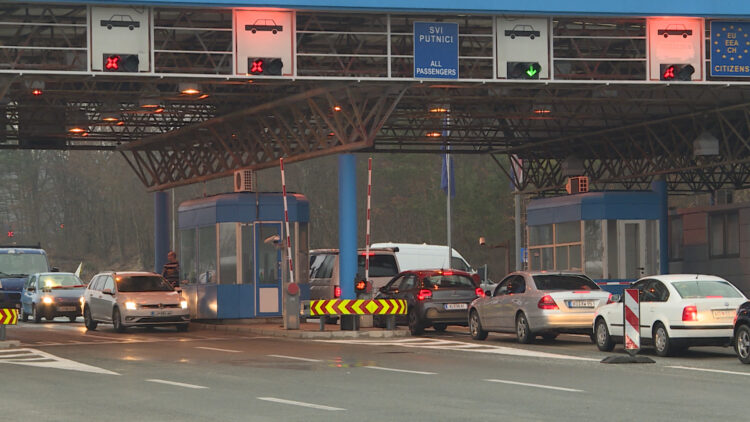
Despite Croatia being part of the Schengen zone as of January 1, little will change for the citizens of Bosnia and Herzegovina, authorities say.
Gradiska border crossing was less crowded than usual, but cars with Swiss, Austrian, Slovenian, and German licence plates were noticeable.
The diaspora returns home after the holidays, and some will wait until the following weekend to spend Orthodox Christmas in their homeland.
“When we talk about the Schengen area where citizens of Bosnia and Herzegovina travel (Slovenia, Hungary and other countries), the very fact that they now meet the conditions of entry into the mentioned countries indicates that they will be able to travel to the Republic of Croatia under the same conditions, while the possibility of subsequent changes to the regime and conditions of entry into Schengen countries should certainly be taken into account. According to the information available to the BiH Border Police, the current provisions of the Law on Schengen Borders will continue to be applied in the Republic of Croatia, as before, while the information systems of the European Union (e.g. EES and ETIAS) will begin to be applied from the day the European Commission adopts the decision about it. Likewise, there will be no changes in the way border control is carried out at the joint locations of the border crossings with the entry of the Republic of Croatia into the Schengen area,” the BiH Border Police said.
The City of Gradiska said that they are not afraid of the Schengen rules because the stricter controls have been in force for several years. Nevertheless, they point out that cross-border cooperation is good and that there is a chance in interstate trade, economic activity, but also data exchange.



